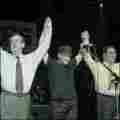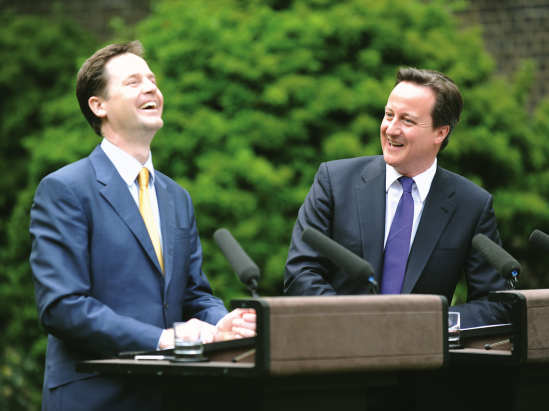A new article by Andrew Hoskins and Ben O’Loughlin has been published in Journalism, entitled ‘Remediating jihad for western news audiences: The renewal of gatekeeping?’ The article is part of a special issue focusing on transcultural journalism and the politics of translation. Many thanks to Marie Gillespie and Gerd Baumann for putting the volume together and all the reviewers for helpful feedback on the article.
Click here to access the article (subscription required). The abstract is below.
Digitization creates an ontological challenge to broadcast-era metaphors (gate, channel, flow), not least to understandings of who news gatekeepers are, where gates lie, the presumed audience, community or culture gatekeeping is done for, and what it means to gatekeep. Analysing how jihadist speeches by bin Laden, Al-Zawahiri and others are translated and remediated from their original websites, languages and contexts by various intermediaries and by western mainstream news, including the BBC, illuminates an apparently simple, settled gatekeeping model that produces systematic patterns of translation, selection and omission. Western news creates an obstacle to understanding why such texts may be appealing to some audiences by ignoring intermediaries such as terrorism-monitoring sites, Arabic media, and jihadist websites’ own self-monitoring services, delimiting a ‘mainstream’ understanding. A focus on multilingual, multiplatform gatekeeping demonstrates how loci and forms of power and authority are changing in the ‘connective turn’, to which media practitioners and scholars must adapt.
A new article by Andrew Hoskins and Ben O’Loughlin has been published in Journalism, entitled ‘Remediating jihad for western news audiences: The renewal of gatekeeping?’ The article is part of a special issue focusing on transcultural journalism and the politics of translation. Many thanks to Marie Gillespie and Gerd Baumann for putting the volume together and all the reviewers for helpful feedback on the article.
Click here to access the article (subscription required). The abstract is below.
Digitization creates an ontological challenge to broadcast-era metaphors (gate, channel, flow), not least to understandings of who news gatekeepers are, where gates lie, the presumed audience, community or culture gatekeeping is done for, and what it means to gatekeep. Analysing how jihadist speeches by bin Laden, Al-Zawahiri and others are translated and remediated from their original websites, languages and contexts by various intermediaries and by western mainstream news, including the BBC, illuminates an apparently simple, settled gatekeeping model that produces systematic patterns of translation, selection and omission. Western news creates an obstacle to understanding why such texts may be appealing to some audiences by ignoring intermediaries such as terrorism-monitoring sites, Arabic media, and jihadist websites’ own self-monitoring services, delimiting a ‘mainstream’ understanding. A focus on multilingual, multiplatform gatekeeping demonstrates how loci and forms of power and authority are changing in the ‘connective turn’, to which media practitioners and scholars must adapt.





